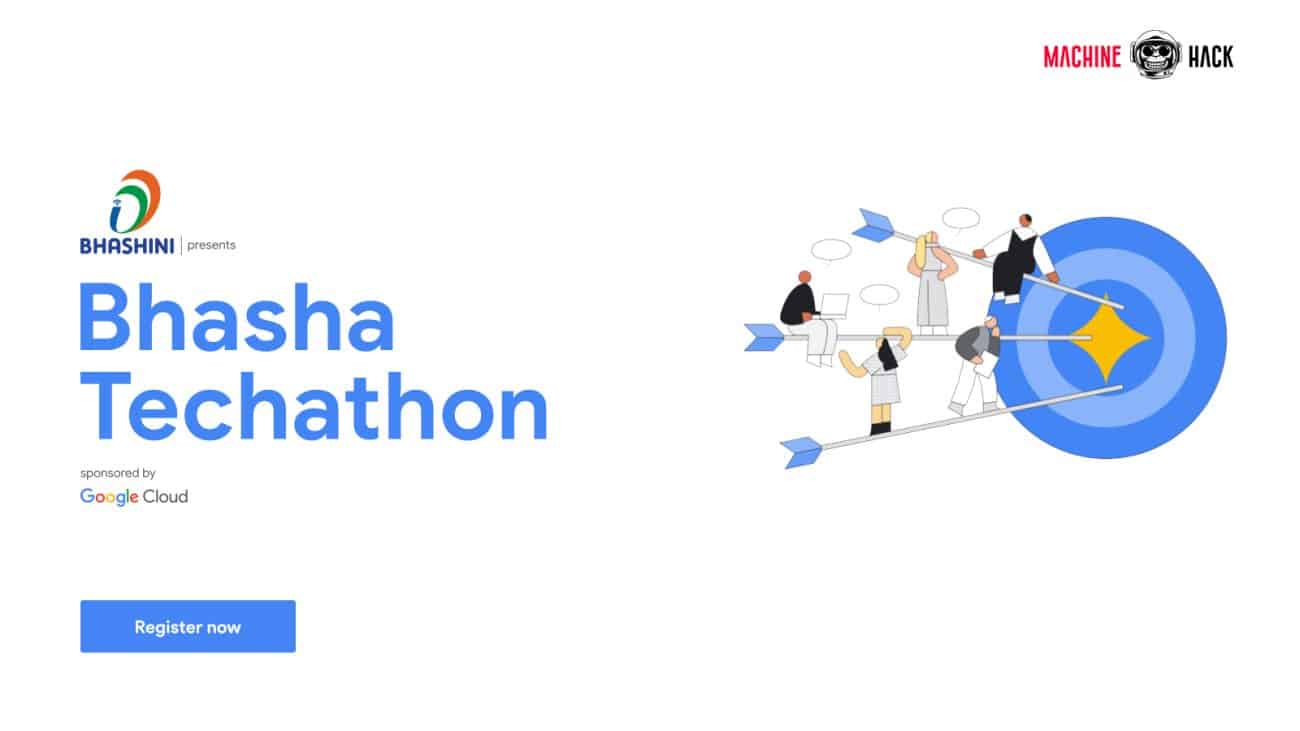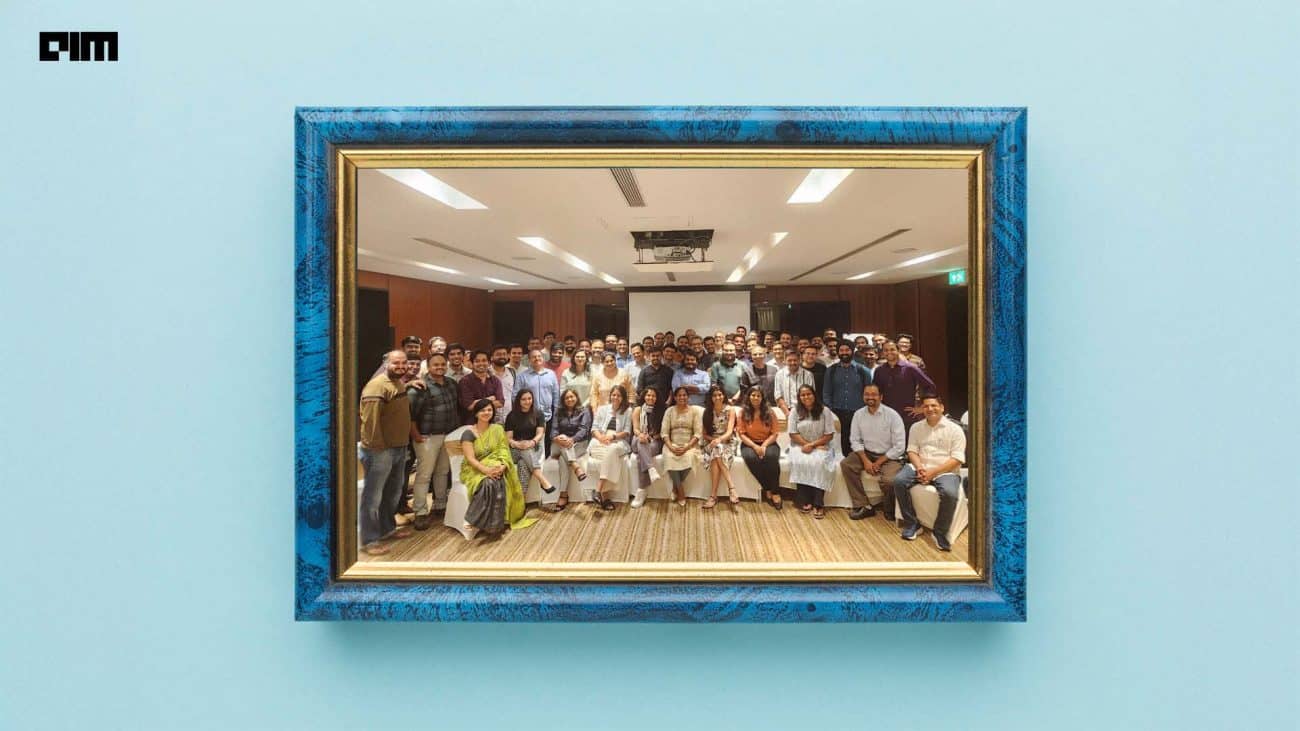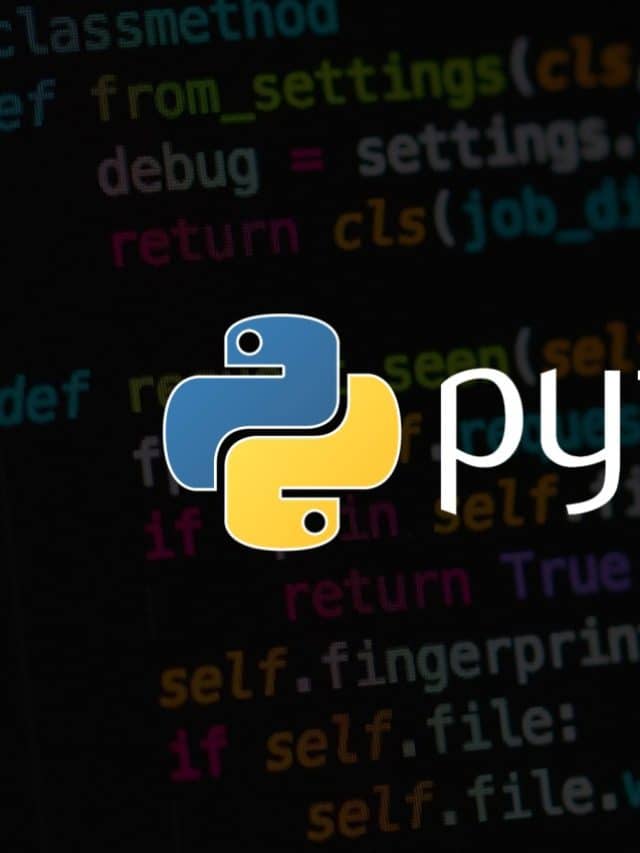German ERP solutions giant SAP recently introduced Joule, a generative AI assistant that allows access to the company’s extensive cloud enterprise suite across different apps and programs. It will provide real-time data insights and action recommendations. Going ahead, SAP Joule will serve as the foundation for providing generative AI services.
With a portfolio of over 350 applications ranging from CRM to cash management, the company is actively integrating generative AI into its business applications, focusing on creating AI that is ‘responsible, reliable, and relevant’. Currently, the firm is upgrading its Business Technology Platform (BTP) by adding a generative AI component.
AIM got in touch with Sudeep Singh, vice president and head of CX Business, SAP India, to understand the impact its generative AI services are creating for customers, complying with the growing laws around data privacy in the age of AI and more.
What Makes Joule Special
SAP Joule accommodates two types of models. “The first type involves generic learning at scale, similar to models seen in the market such as OpenAI’s ChatGPT or Google’s Bard. This type of learning is not specific to individuals but rather utilised on a broader scale. The model’s outcomes are then incorporated into processes. Joule does not derive knowledge from the internal processes or data within the SAP system, forming one aspect of the offering,” said Sudeep.
The second component involves a pilot program with selected companies. These companies collaborate with SAP to ensure that the learning process is confined to their specific environments, marking an early stage in this initiative.
“Still in the early stages of exploration, the direction we are heading in involves a focus on avoiding extensive interaction with personal data. Instead, our approach leans towards developing a general model that is conscious and well-informed. This model can streamline processes, enhancing overall efficiency,” he added.
Even though generative AI is still in the pilot phase, customers are using it for different purposes including how sales representatives can summarise complex email chains and give them clear next steps to take, making their communication better and helping them serve customers more effectively.
Beyond customer communication, SAP’s generative AI extends its capabilities to automate CRM processes. Recognising the tedious nature of manual entries stemming from various sources like documents, phone calls, and emails, the algorithms are designed to automate these processes.
These algorithms significantly reduce manual workload by analysing and inputting data into CRM systems, allowing sales representatives to focus more on strategic tasks and customer relationships.
“However, it’s important to note that we are still exploring the full range of business impacts of generative AI. Currently, I believe no organisation in the world has deployed generative AI on a large scale. But AI, in general, has been a part of SAP’s portfolio and is actively used in various applications,” added Sudeep.
“Keeping Data Privacy at the Heart of Our Operations”
Like the EU’s GDPR, the Union government came up with the Digital Personal Data Protection Bill in India in August 2023. In its fourth iteration, the Bill has changed, including an updated definition of ‘processing’ and modifications to the scope of profiling by foreign entities.
However, there have been sufficient arguments that the Bill grants too much power to the government, weakens the Right to Information Act, and raises concerns about state surveillance.
The DPDP Act has crucial implications for SAP and its customers, influencing the management and safeguarding of personal data in India. However, with the burgeoning rise of generative AI models, data privacy has become even more important.
Given that the company serves numerous enterprises through its ERP system, the inflow of organised data to SAP systems is substantial.
“Our approach involves providing limited access, specifically tailored to the organisations to which they subscribe, ensuring that data remains the exclusive property of our customers. We never access or delve into client data, and we certainly do not engage in any practices that involve monetising such information,” said Sudeep.
Building on their 3R mantra of responsible, reliable and relevant AI products and understanding the importance of data protection early on, the tech giant acquired Gigya company specialising in managing online properties and customer identities. Gigya has since then become a cornerstone in SAP’s portfolio, providing a robust solution for customers to ensure compliance with data protection laws.
“Engaging in conversations with our customers has provided valuable insights into their concerns and requirements regarding data privacy. These discussions have been instrumental in shaping our strategies and refining our offerings to meet the evolving needs of organisations operating in an increasingly regulated environment,” he concluded.
Read more: How AI is Navigating SAP’s Intelligent Enterprise













































































